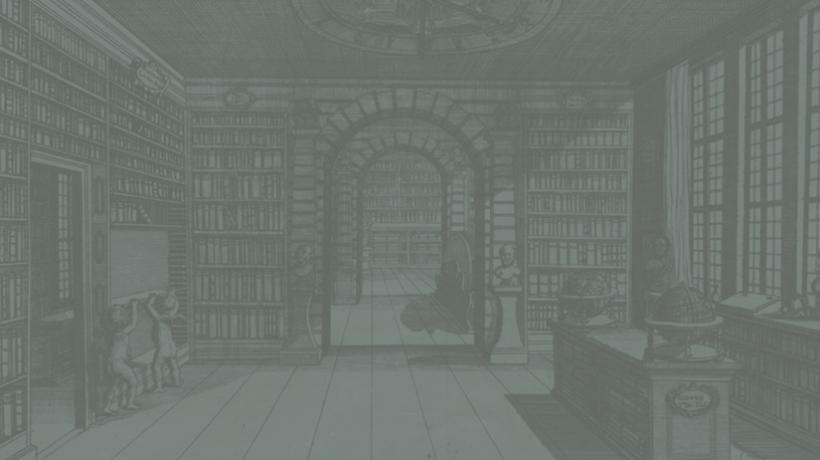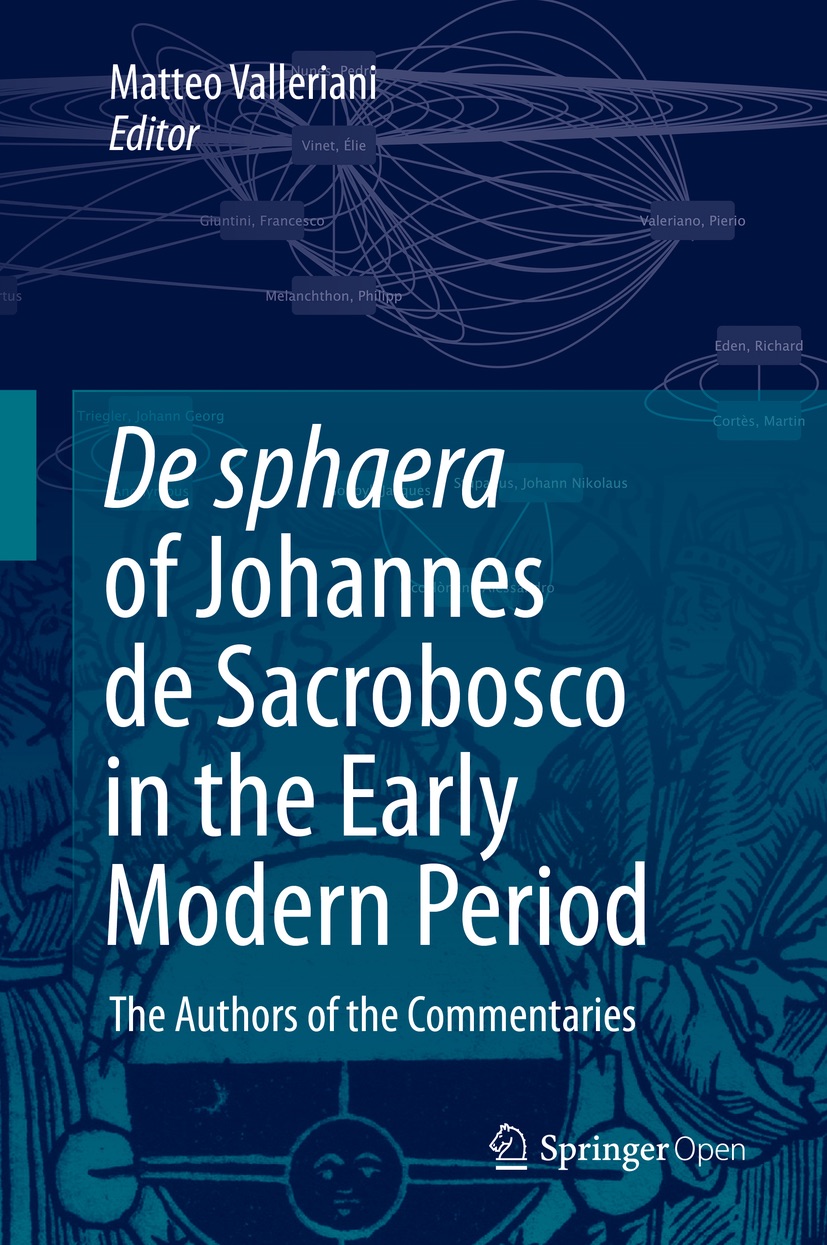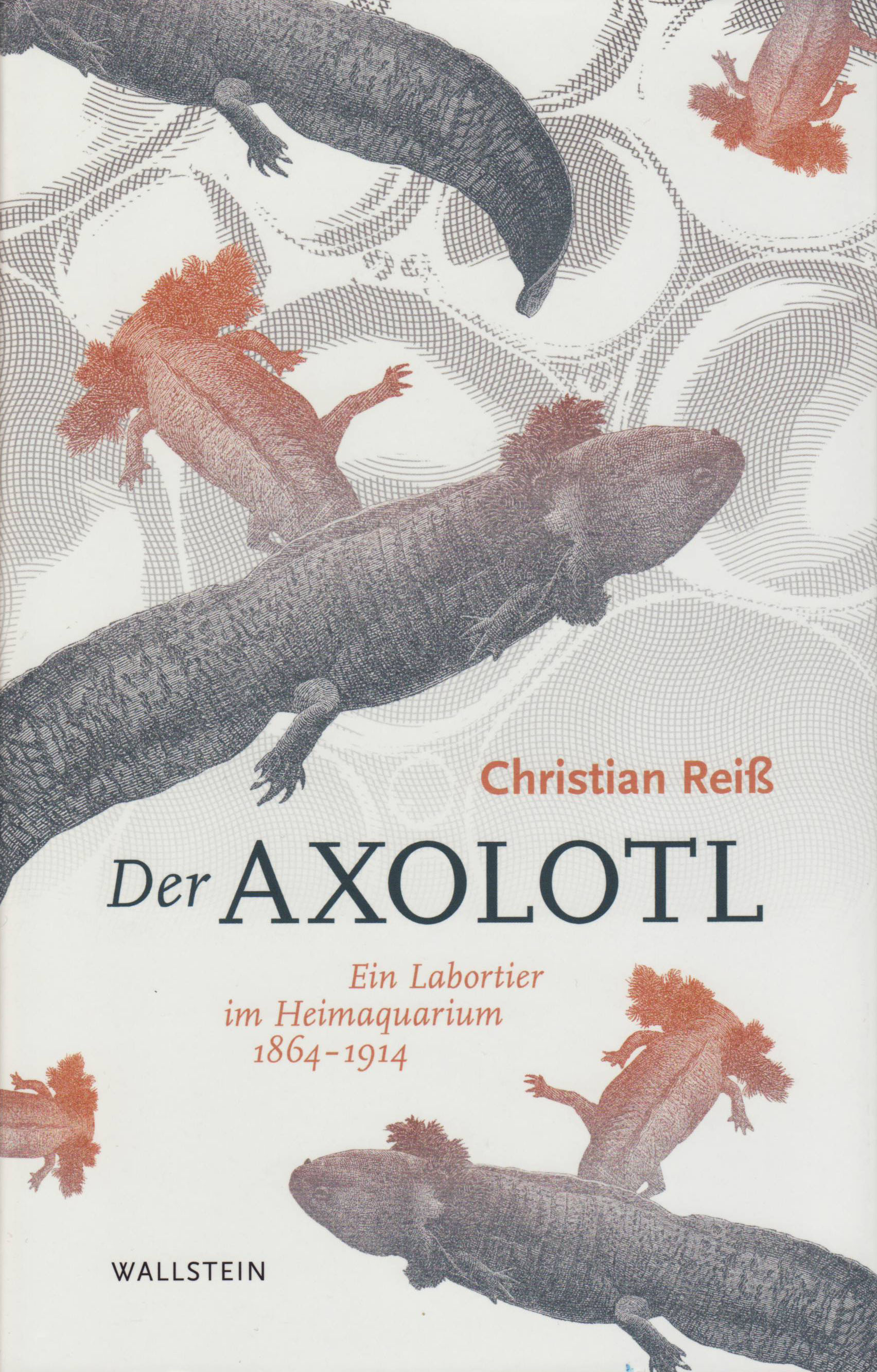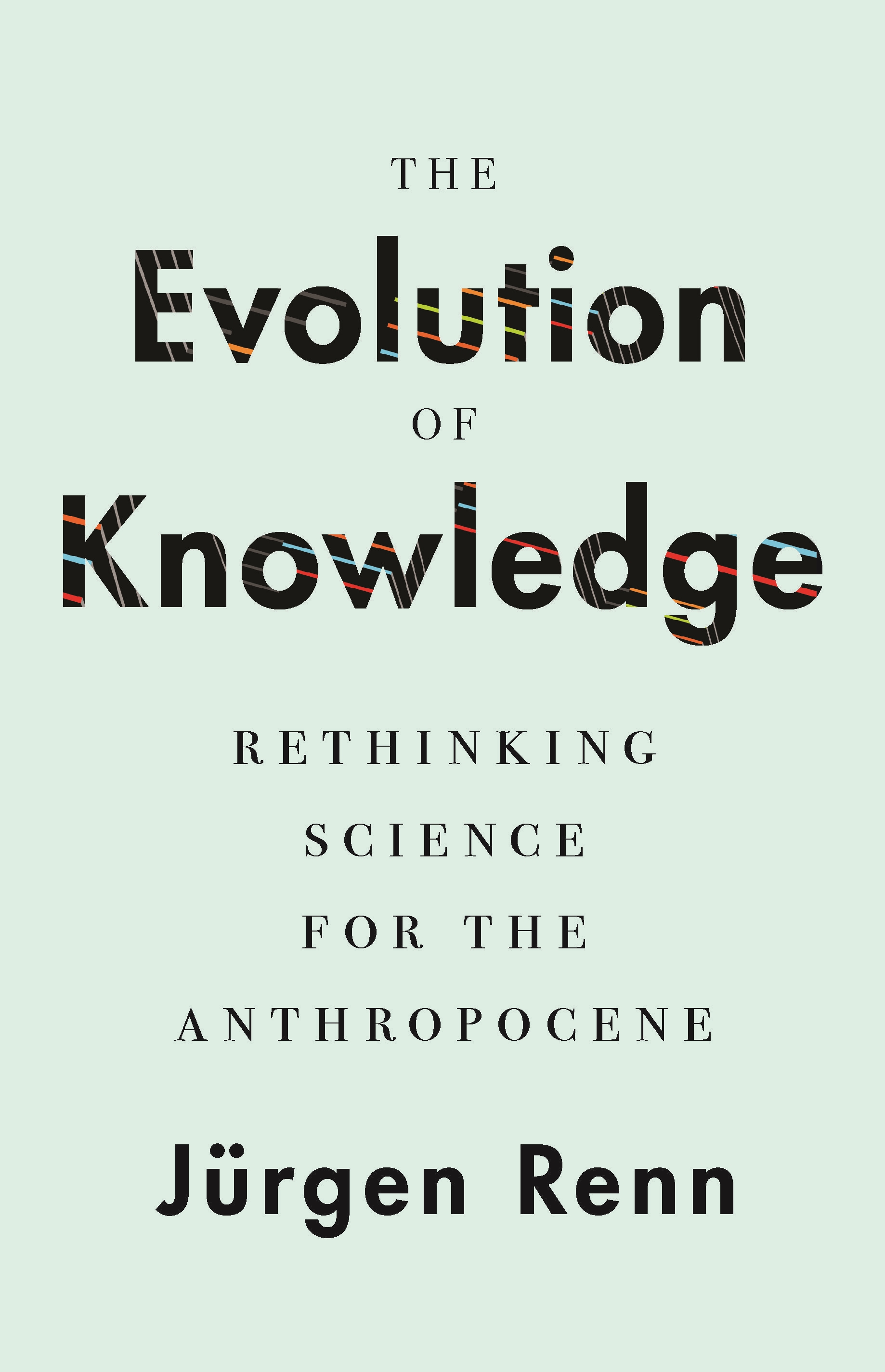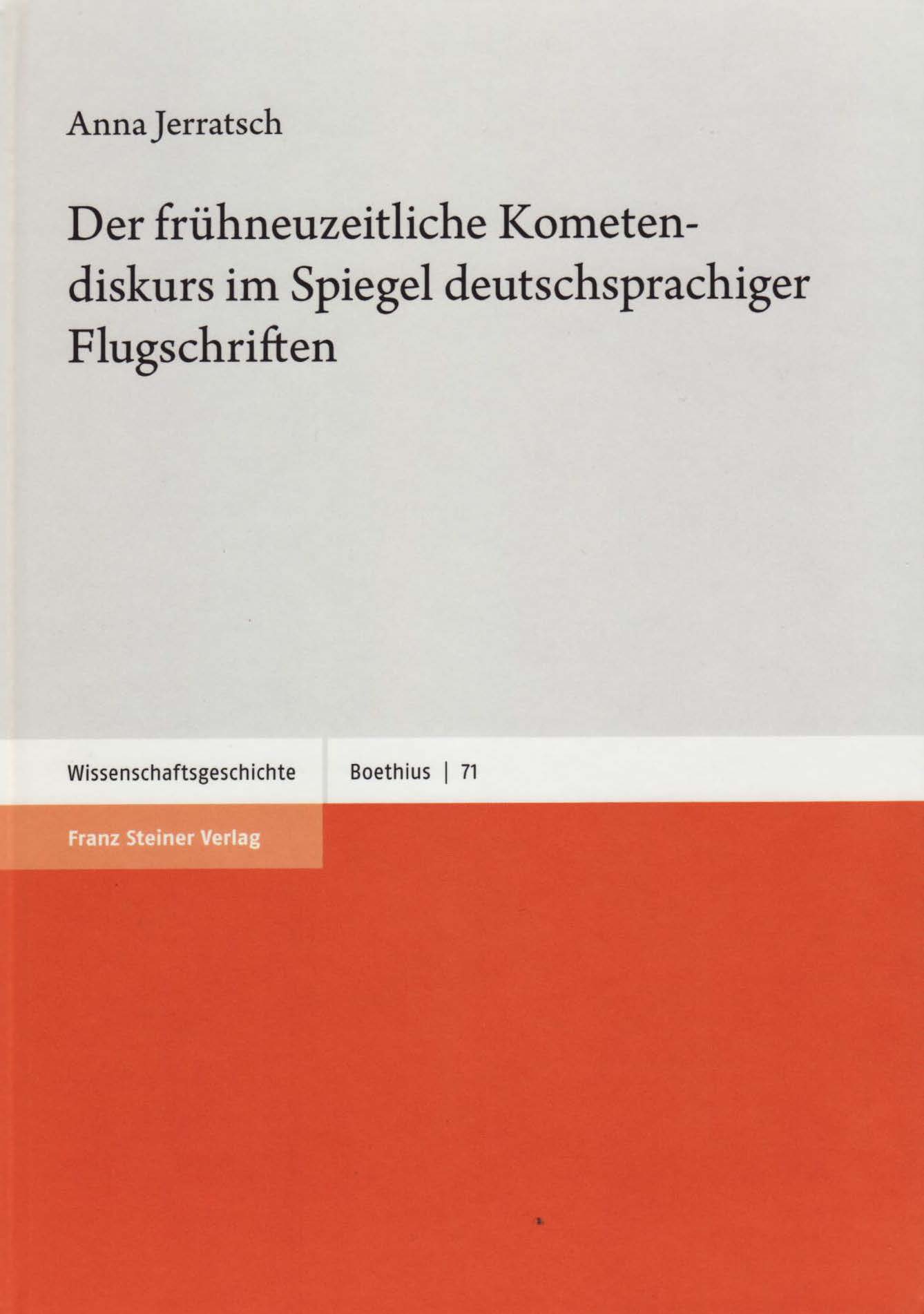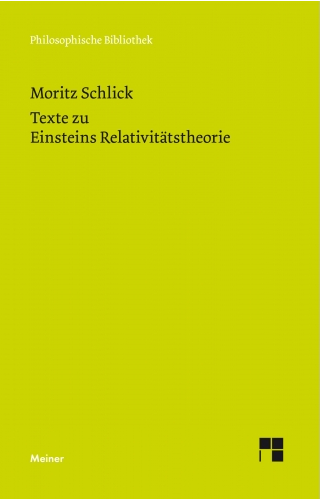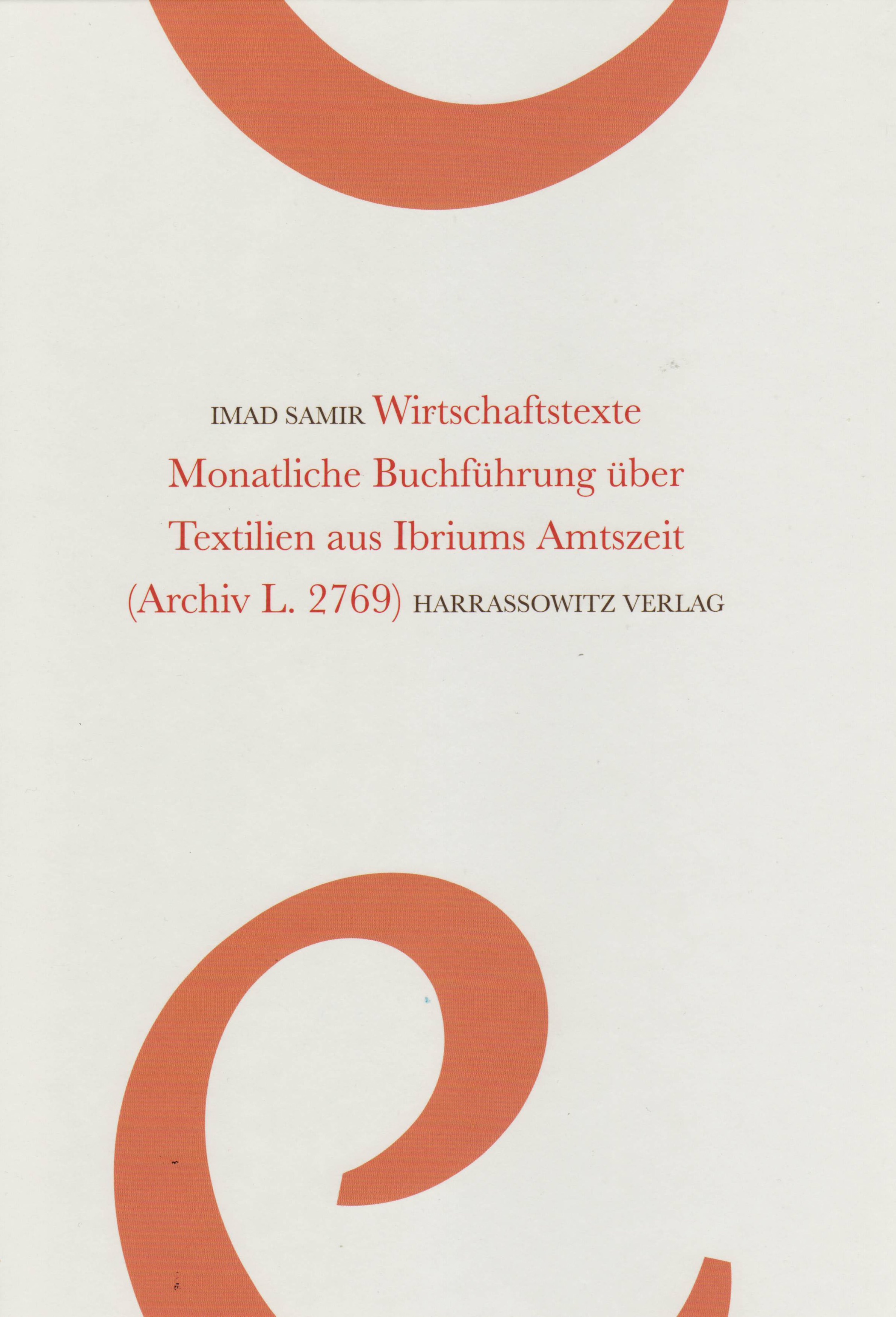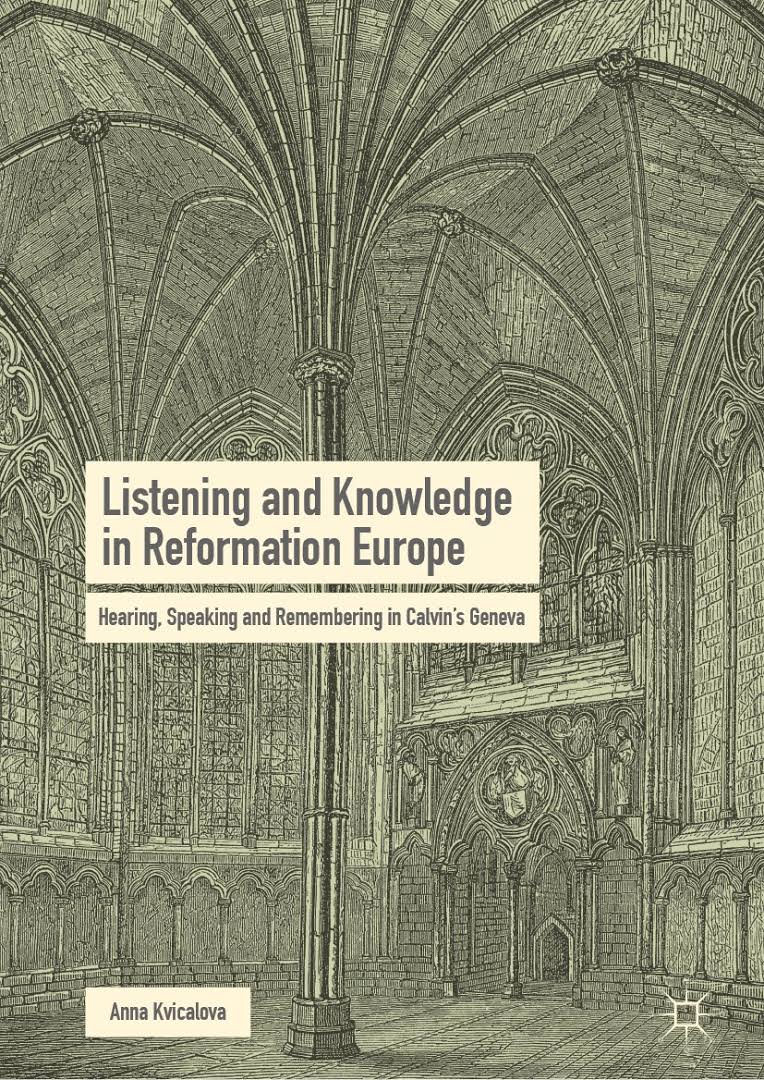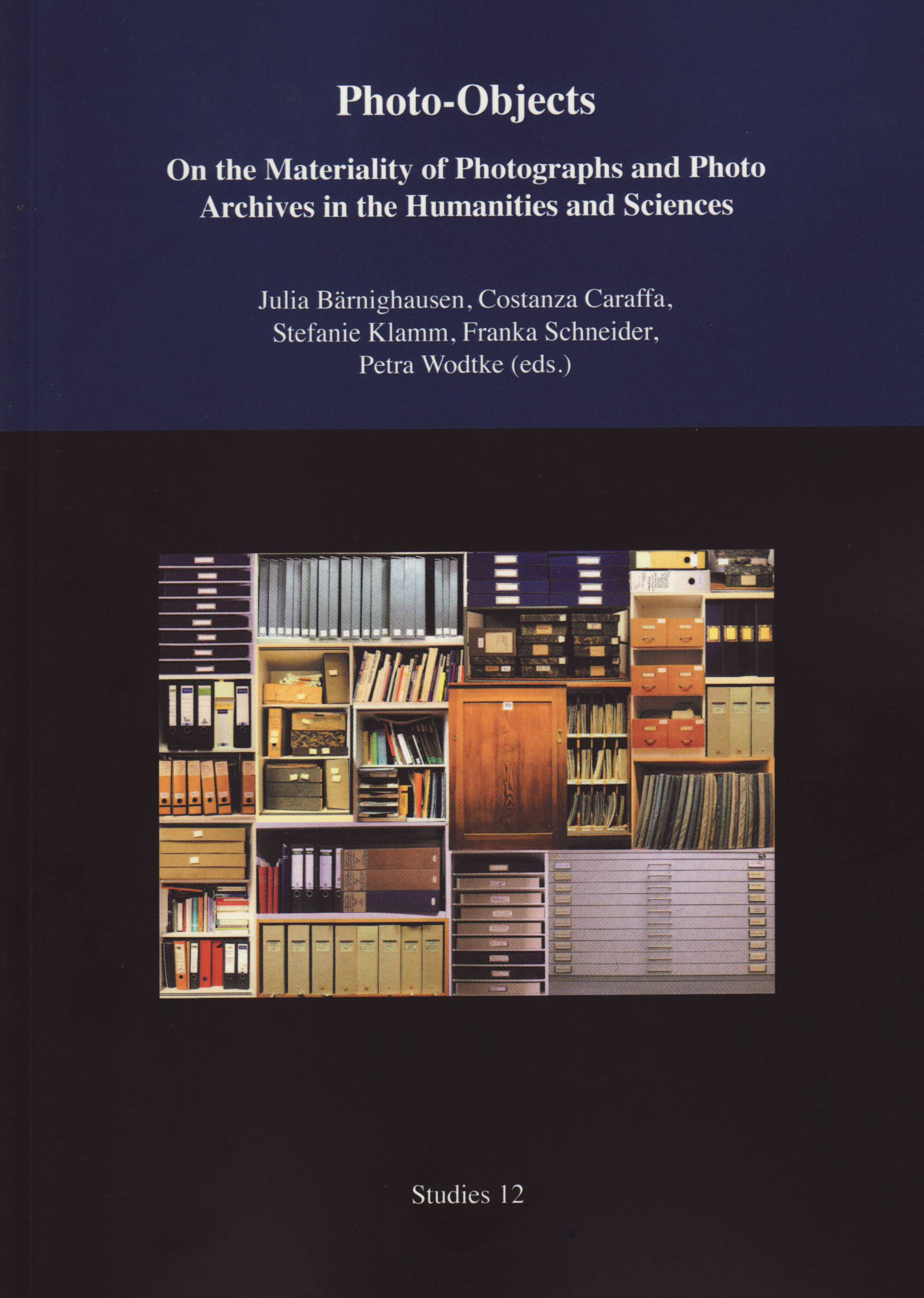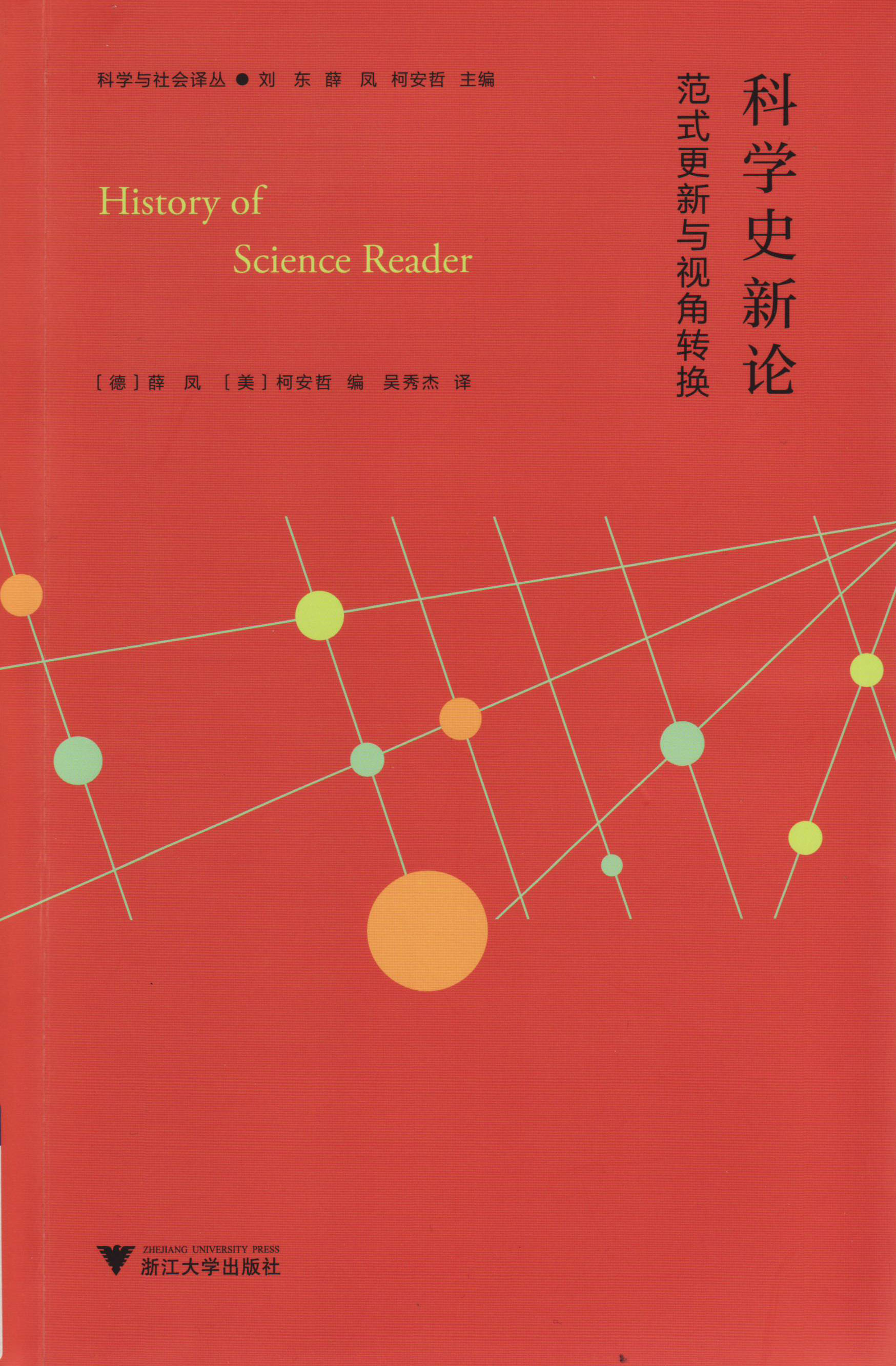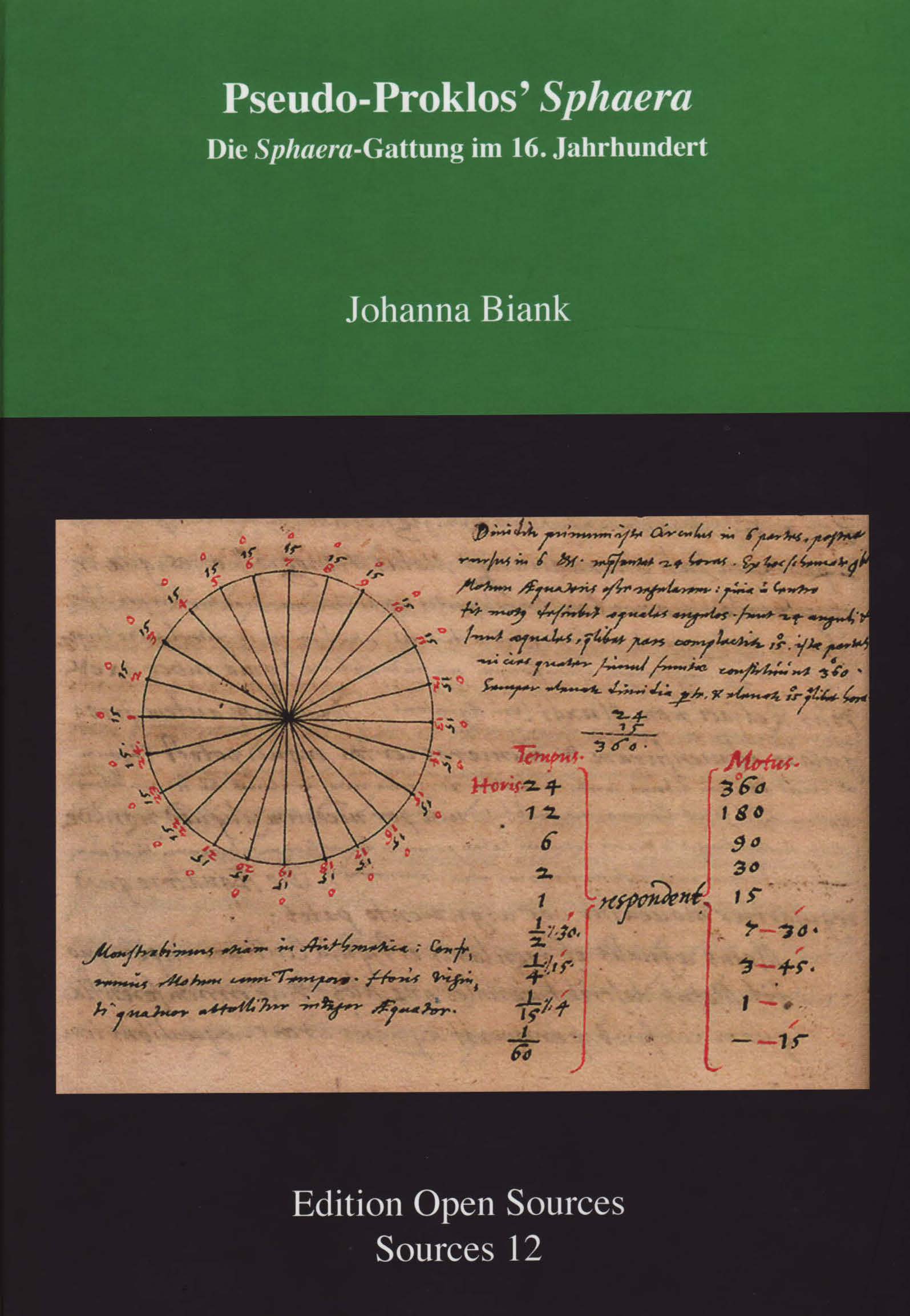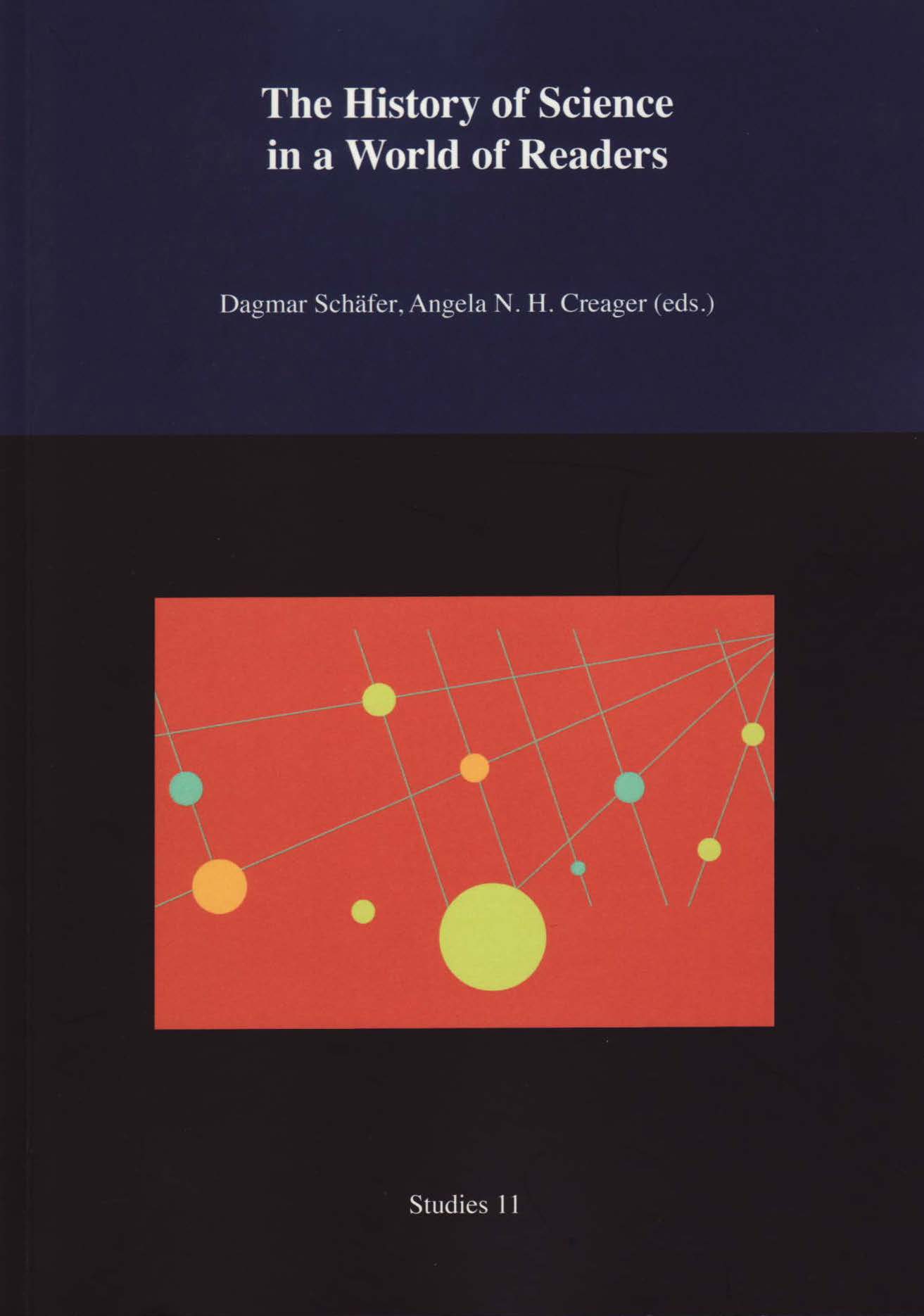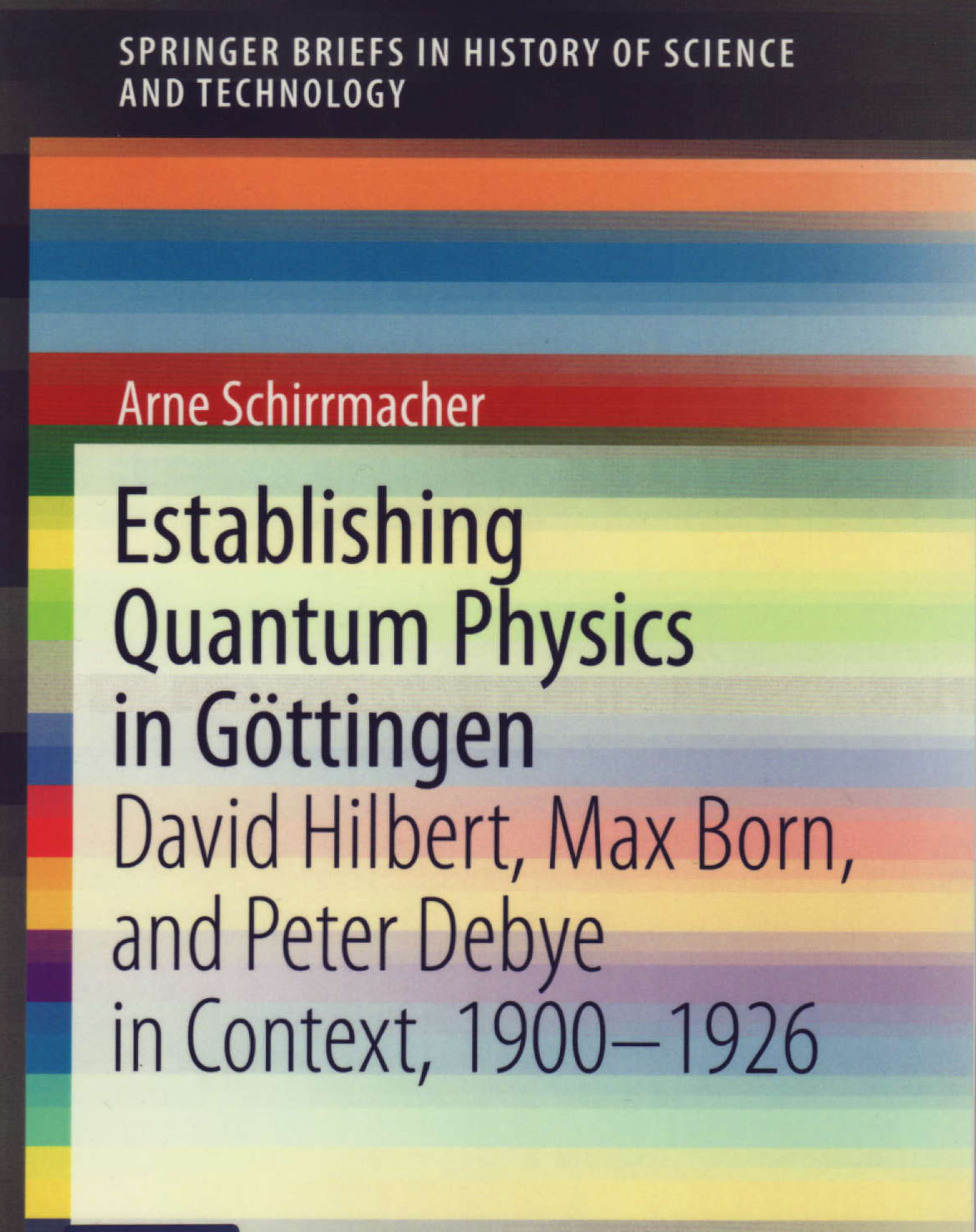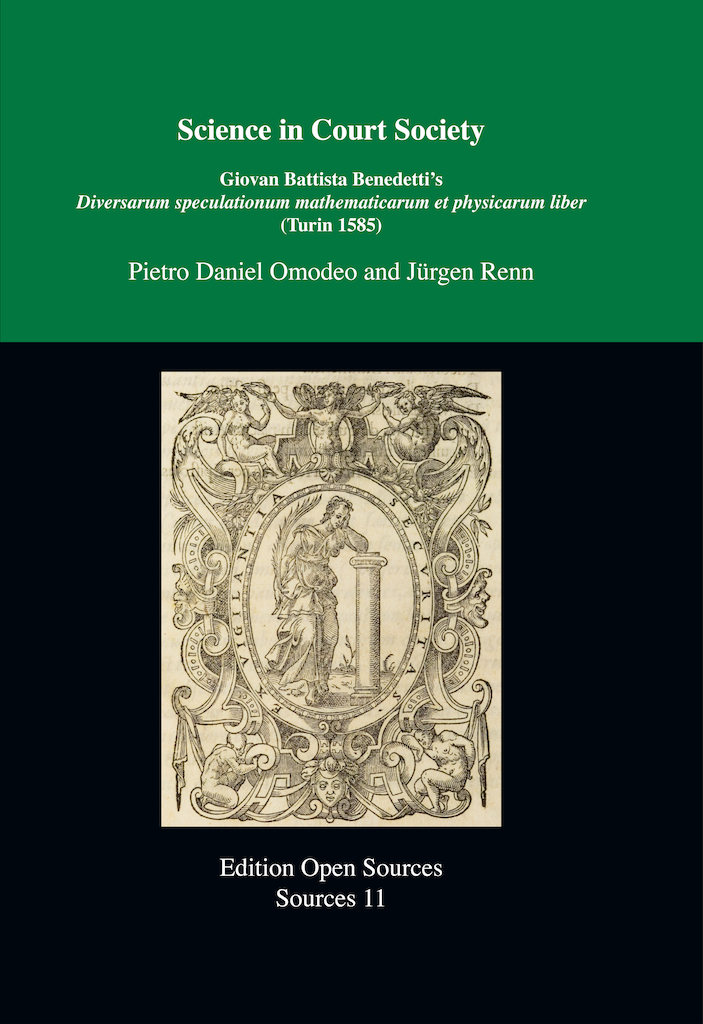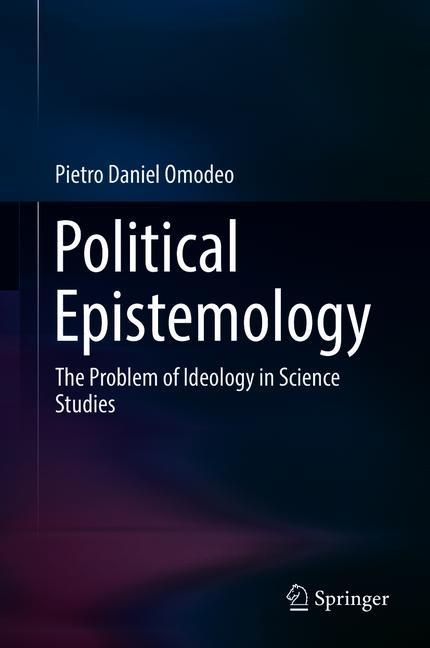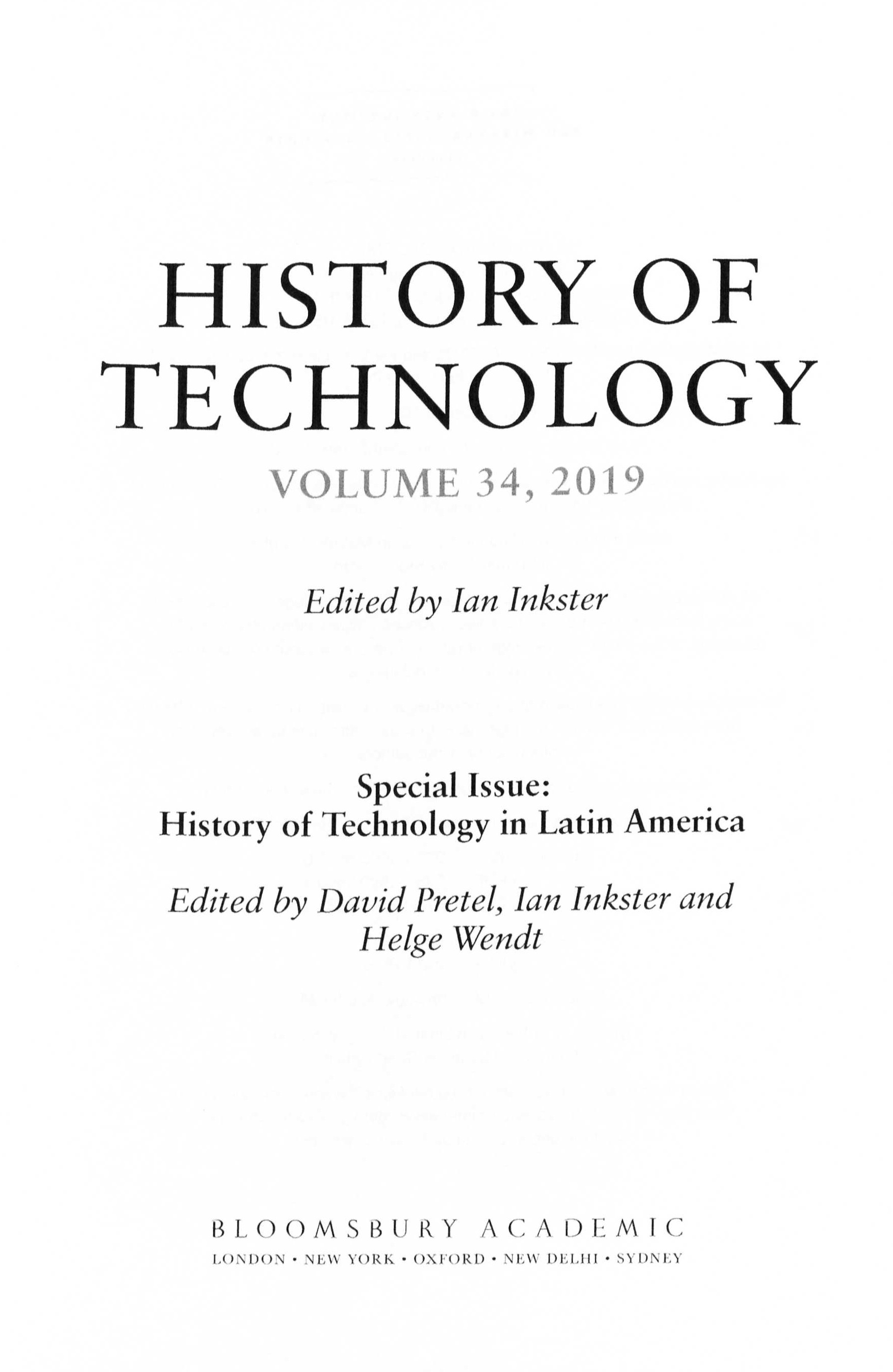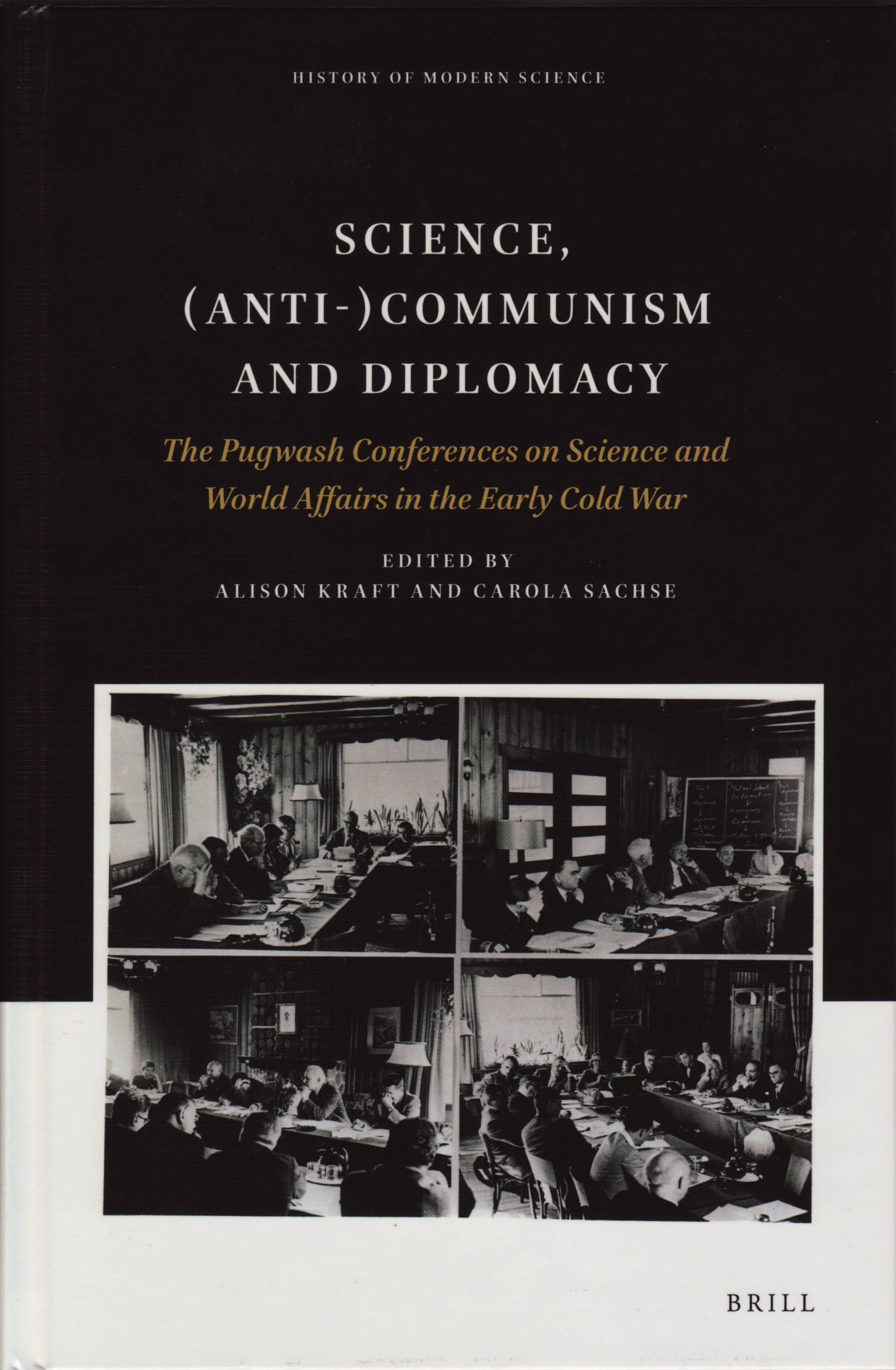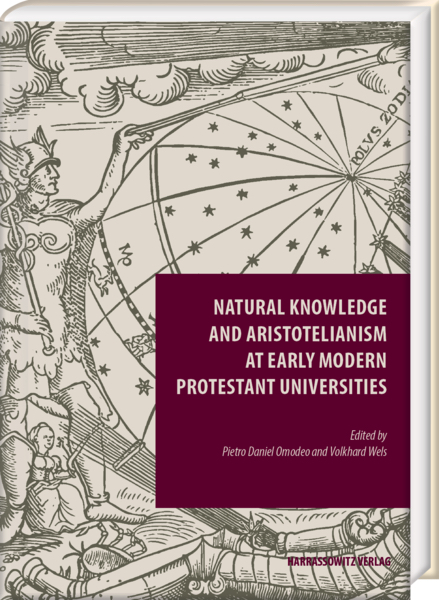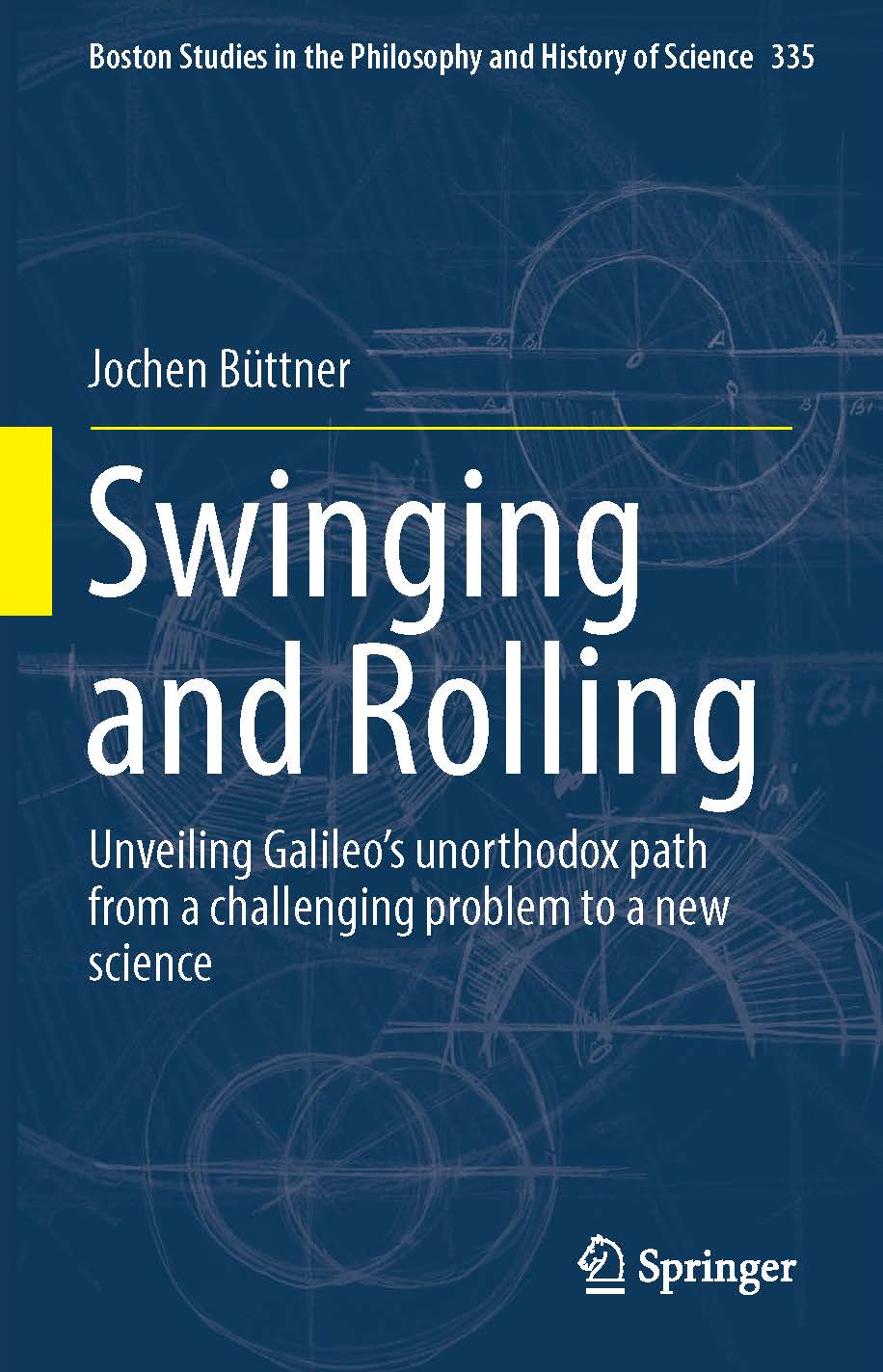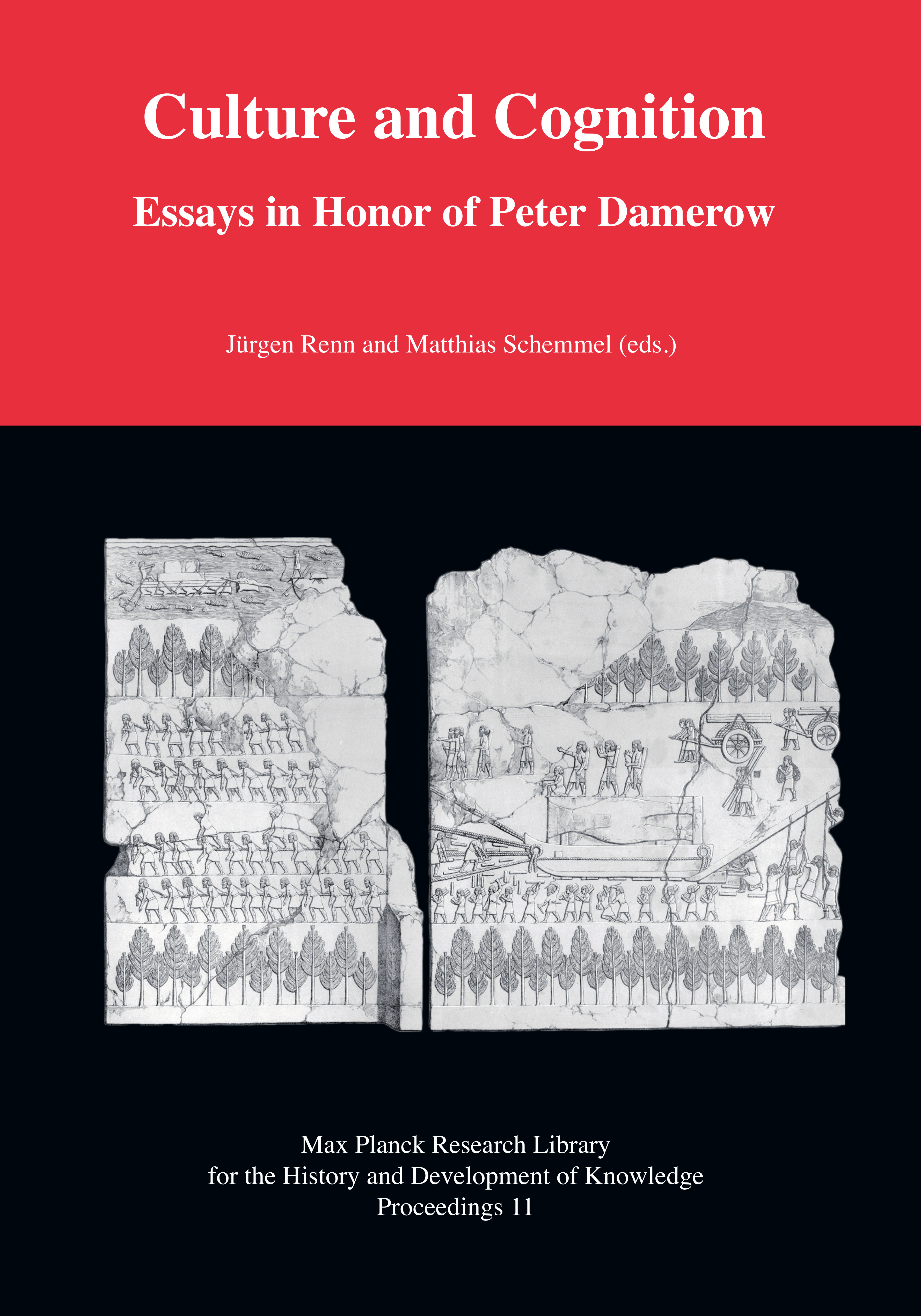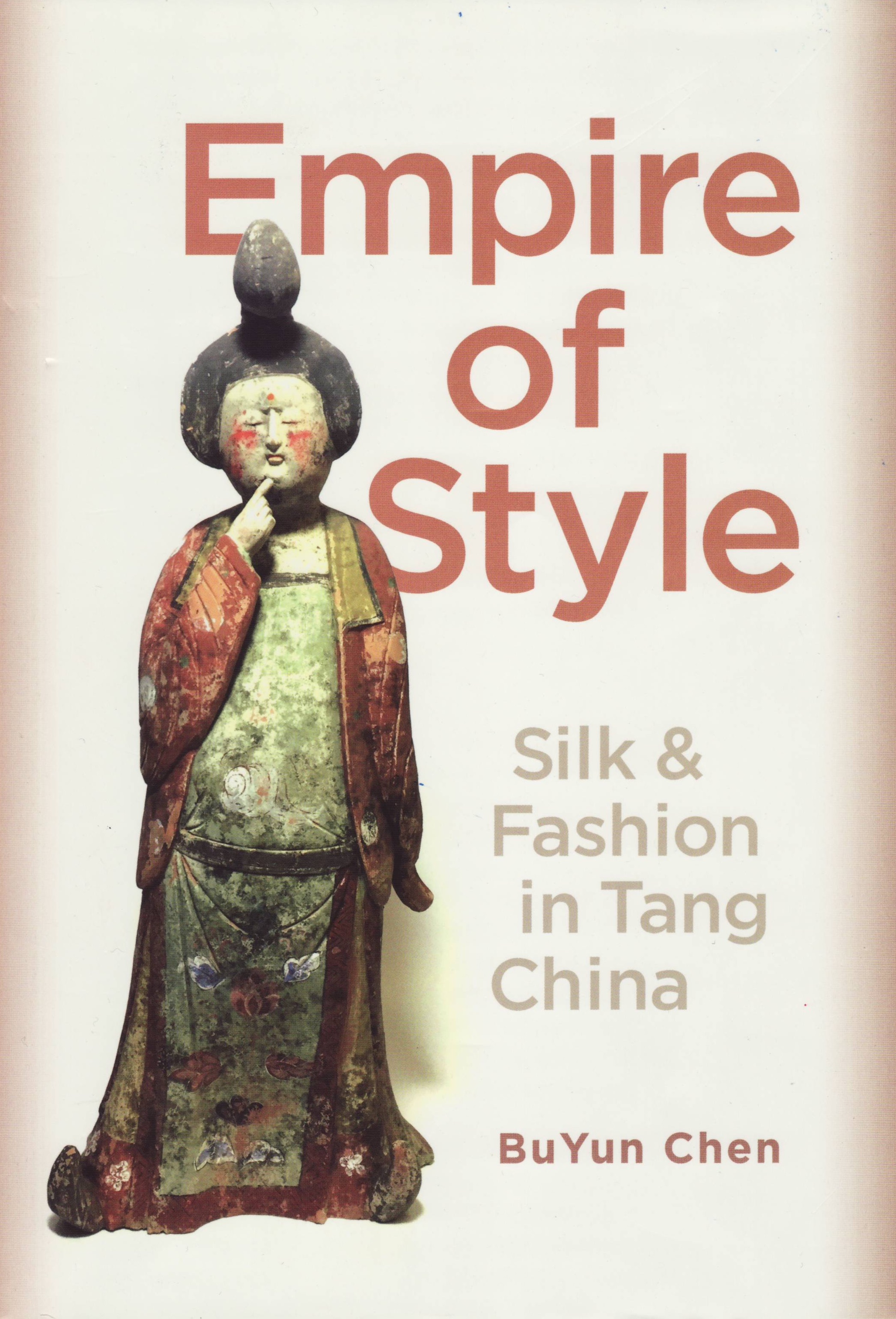Edited Book
De sphaera of Johannes de Sacrobosco in the Early Modern Period
This open access book explores commentaries on an influential text of pre-Copernican astronomy in Europe. It features essays that take a close look at key intellectuals and how they engaged with the main ideas of this qualitative introduction to geocentric cosmology.
MORE
Der Axolotl: ein Labortier im Heimaquarium 1864-1914
Axolotl sind Natur- und Kulturwesen: In ihrer Heimat Mexiko leben sie nur noch auf kleinem Areal und sind vom Aussterben bedroht, im Rest der Welt dagegen werden sie als Haustiere in Aquarien gehalten. Der Wissenschaftshistoriker Christian Reiß erzählt die Geschichte dieser Paradoxie.
MORE
The Evolution of Knowledge: Rethinking Science for the Anthropocene
This book presents a new way of thinking about the history of science and technology, one that offers a grand narrative of human history in which knowledge serves as a critical factor of cultural evolution.
MORE
Book
Der frühneuzeitliche Kometendiskurs im Spiegel deutschsprachiger Flugschriften
Am dunklen Nachthimmel der vormodernen Zeit sind Kometen äußerst eindrucksvoll und erschreckend. Als gleichzeitig nach Beschreibung, Erklärung und Deutung verlangende Naturereignisse und als zeichenhafte Phänomene des Wunderbaren werden sie zwischen 1530 und 1682 zu Kondensationspunkten intensiver Kommunikationsprozesse, die ihren literarischen Ausdruck in einer Flut von Kometenflugschriften finden.
MORE
Edited Book
Moritz Schlick: Texte zu Einsteins Relativitätstheorie
MORE
Book
Wirtschaftstexte: monatliche Buchführung über Textilien aus Ibriums Amtszeit (Archiv L. 2769)
Irkab-damu (der vorletzte König von Ebla) ernannte Ibrium wenige Monate vor seinem Tod zum Minister. Da Išar-damu (der Erbe von Irkab-damu) noch ein Kind war, stand Ibrium nun an der Spitze des Staates. Während der achtzehn Jahre, in denen er im Amt war, reformierte er die Verwaltung und führte die Armee in einer Reihe von siegreichen Kriegen, so dass Ebla zu einem Regionalstaat wurde, der Mari am Mitteleuphrat und Kish in Babylonien gleichstand.
MORE
Book
Listening and Knowledge in Reformation Europe: Hearing, Speaking and Remembering in Calvin’s Geneva
This book investigates a host of primary sources documenting the Calvinist Reformation in Geneva, exploring the history and epistemology of religious listening at the crossroads of sensory anthropology and religion, knowledge, and media.
MORE
Edited Book
Photo-Objects: On the Materiality of Photographs and Photo Archives in the Humanities and Sciences
-
Bärnighausen, JuliaCostanza CaraffaStefanie KlammSchneider, FrankaWodtke, Petra
Taking the material approach to photography as a starting point the volume offers new insights into the epistemological potential of analog and digital photographs and photo archives in the humanities and sciences from a comparative viewpoint.
MORE
Edited Book
科学史新论: 范式更新与视角转换. History of science reader
The History of Science Reader Project encompasses three publications, two drawing on articles published initially in English, and one featuring articles originally published in Chinese.
MORE
Book
Pseudo-Proklos' Sphaera: die Sphaera-Gattung im 16. Jahrhundert
Pseudo-Proklos' Sphaera (Σφαῖρα) ist eine griechische Einführung in die Astronomie, die ursprünglich von dem Stoiker Geminos (Εἰσαγωγὴ εἰς τὰ φαινόμενα) aus dem 1. Jahrhundert v. Chr. stammt, jedoch im späten 15. Jahrhundert dem Neoplatoniker Proklos zugeschrieben wurde. Am Ende des 16. Jahrhunderts erschienen Übersetzungen und Kommentare des Textes in 23 Handschriften und 92 Druckausgaben verschiedener Sprachen.
MORE
Edited Book
The History of Science in a World of Readers
What role should historians of science, technology, and medicine have in communicating their own body of literature—its methods and concerns—across linguistic boundaries? This anthology is a proactive response to this question.
MORE
Book
Establishing Quantum Physics in Göttingen David Hilbert, Max Born, and Peter Debye in Context, 1900-1926
Quantum mechanics – the grandiose theory that describes nature down to the submicroscopic level – was first formulated in Göttingen in 1925. How did this come about and why is it that Göttingen became the pre-eminent location for a revolution in physics?
MORE
Book
Science in Court Society: Giovan Battista Benedetti's 'Diversarum speculationum mathematicarum et physicarum liber' (Turin 1585)
-
Pietro Daniel OmodeoJürgen Renn
Giovanni Battista Benedetti is counted as one of the most brilliant mathematical and philosophical minds of the late Italian Renaissance. However, the theoretical and historical relevance of his work is still obscure in many respects. This is due to several factors, principal among which is the relative rarity of his major work.
MORE
Book
Political Epistemology: The Problem of Ideology in Science Studies
This book is an investigation of the ideological dimensions of the disciplinary discourses on science in line with the scholarly tradition of historical epistemology.
MORE
Special Issue (Working Group Volume)
History of Technology in Latin America
-
David PretelIan InksterHelge Wendt
Despite having undergone major advances in recent years, the history of technology in Latin America is still an understudied topic. This is the first English-language volume to bring together a variety of critical perspectives on the history of technology in Latin America from the early-19th century through to the present day.
MORE
Edited Book
Science, (Anti-)Communism and Diplomacy: The Pugwash Conferences on Science and World Affairs in the Early Cold War
From 1957 onwards, the "Pugwash Conferences" brought together elite scientists from across ideological and political divides to work towards disarmament. hrough a series of national case studies this volume offers a critical reassessment of the development and work of “Pugwash”.
MORE
Edited Book
Natural Knowledge and Aristotelianism at Early Modern Protestant Universities
-
Pietro Daniel OmodeoVolkhard Wels
Der frühneuzeitliche Aristotelismus kann als eine dynamische Wissenstradition beschrieben werden, die durch institutionelle und intellektuelle Neukontextualisierungen, durch Tradierung und Transfer ständig umgestaltet und transformiert wird, gleichzeitig sich aber weiterhin als ein Wissen versteht, das sich im Wesentlichen aus dem Kanon des aristotelischen Corpus ableitet.
MORE
Book
Swinging and Rolling: Unveiling Galileo's Unorthodox Path from a Challenging Problem to a New Science
This volume explores the reorginisation of knowledge taking place in the course of Galileo's research process extending over a period of more than thirty years, pursued within a network of exchanges with his contemporaries, and documented by a vast collection of research notes.
MORE
Edited Book
Culture and Cognition: Essays in Honor of Peter Damerow
Peter Damerow (1939–2011) was a visionary scholar of rare versatility. A key figure in the foundation and early development of the Max Planck Institute for the History of Science, he contributed to fields as wide-ranging as pedagogy, mathematics, philosophy, psychology, Near Eastern studies, as well as the history of knowledge and science.
MORE
Book
Empire of Style: Silk and Fashion in Tang China
This first book on fashion in premodern China is informed by archaeological sources-paintings, figurines, and silk artifacts-and textual records such as dynastic annals, poetry, tax documents, economic treatises, and sumptuary laws. Tang fashion is shown to have flourished in response to a confluence of social, economic, and political changes that brought innovative weavers and chic court elites to the forefront of history.
MORE

